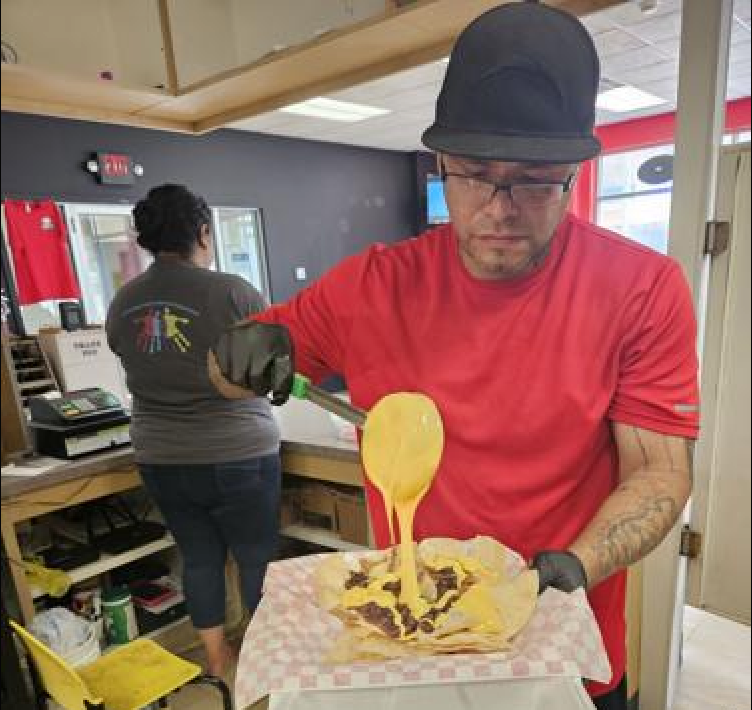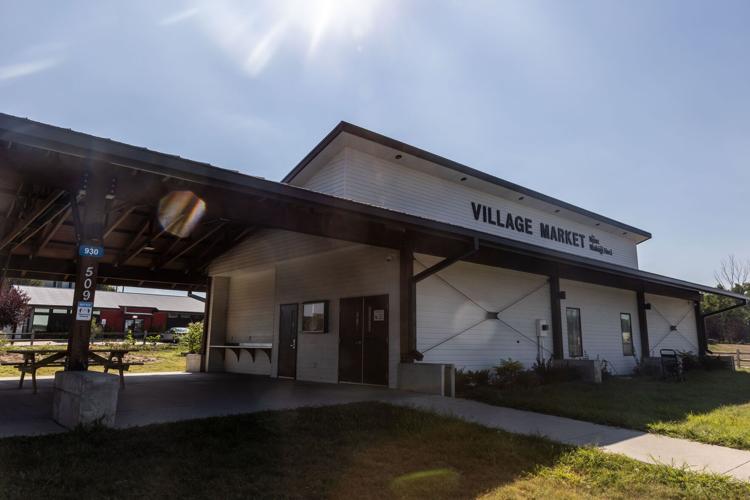In a small restaurant located inside the Ho-Chunk Plaza, Reggie Frazier makes some of most mouthwatering food on the Winnebago Reservation.
So, what’s on the menu? On a recent Friday, it was an Alaskan Po’ Boy Sandwich, served with a zesty Cajun sauce and a Creole-inspired cole slaw that was the midday special.
“The Po’ Boy is one of the most popular lunchtime offerings,” Frazier, who owns R-EATZ, a 504 Ho-Chunk Plaza café with his wife Rita, explained. “It’s almost as popular as our Chinese Beef and Broccoli or our Pulled Pork Nachos.”
Wait, New Orleans-style Po’ Boys, Asian cuisine and South-of-the-Border fare? That wasn’t what we were expecting from an eatery inside of the Native American Reservation in Northern Thurston County, Nebraska.



